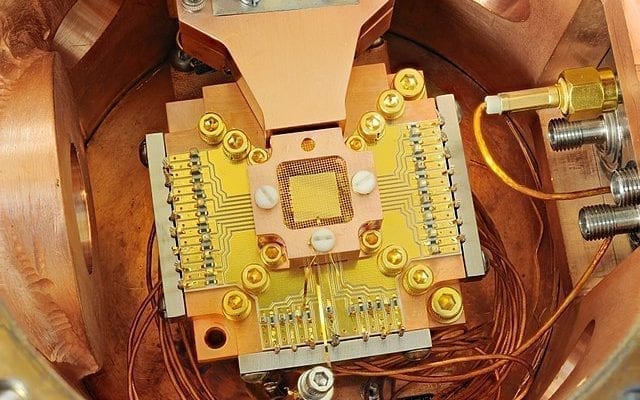
News
Google Announces it Has Achieved Quantum Supremacy
Just last week, Google announced that it has achieved something called “quantum supremacy”. An article published in the journal, Nature, described how Google’s quantum computer, Sycamore, solved an extremely complex problem in under 200 seconds. Prior to this, the world’s fastest supercomputer owned by IBM, Summit, would take at least 10,000 years to solve the same problem.
This accomplishment is the first time a quantum computer has outperformed its counterparts, achieving what Google is calling “quantum supremacy.” Since then, IBM has publicly denounced claims that this problem would take Summit 10,000 years to complete, instead, saying it would take 2.5 days.
Nevertheless, IBM’s claims do not take away from the fact that the quantum computer, Sycamore, has outperformed a classical computer. This achievement has been met with widespread praise from the scientific community, with some scientists likening the breakthrough to the Wright brothers’ first plane flight in 1903.
While the achievement is a major breakthrough in computer science and technology, we are still years away from quantum computers being useful for practical tasks. The Sycamore quantum computer is an impossibly complex machine that requires strict procedures and parameters to operate. Once scientists are able to master the control of quantum computers, the machine could be used for more practical applications, including drug design and discovery, cybersecurity, material modeling, financial analysis, and logistics.
But what about the consumer? Personal quantum computers are perhaps a possibility in the future. In fact, you can even utilize a quantum computer right now through IBM’s Q Experience which is run in the cloud. However, when it comes to the computing needs of the average consumer, a quantum computer is excessive. It is safe to say that the next iteration of the iPhone won’t be fitted with a quantum processor.
As we enter into a new age of computation and technology, quantum computing poses many exciting possibilities that can propel us to new heights of discovery. Since the technology is still very much in its infancy, there is still much to learn about the many applications that we have yet to imagine.



0 comments